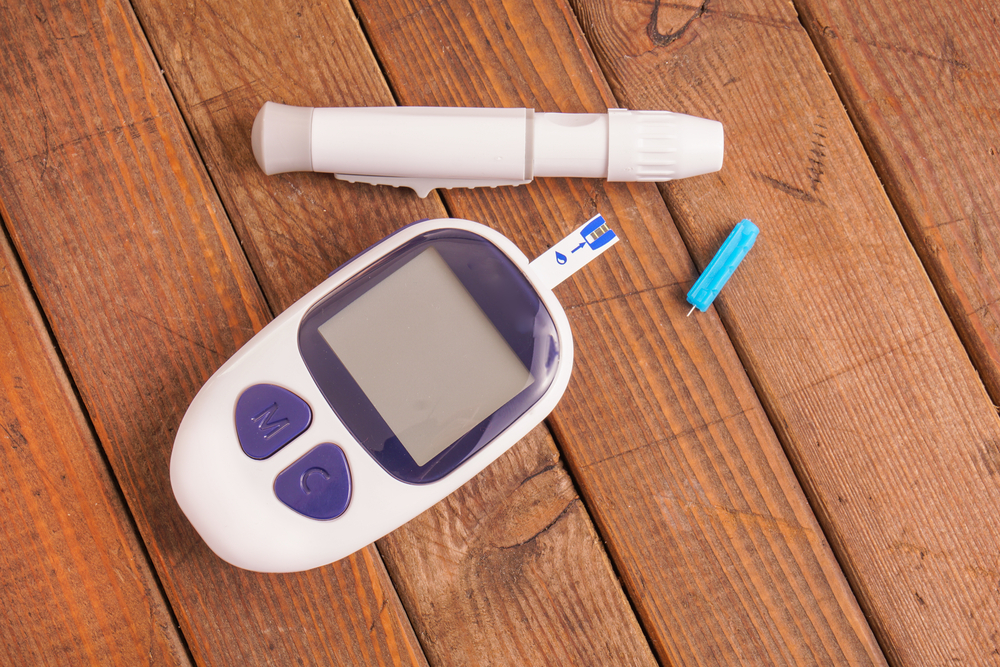
Study: Immunotherapy Safe for Type 1 Diabetes
Immunotherapies are regularly used in patients with autoimmune conditions, such as multiple sclerosis, rheumatoid arthritis, and lupus. However, the therapy has not been proven safe for type I diabetes, which is also an autoimmune disease, until now.
The study, published in Science Translational Medicine, not only showed immunotherapy to be safe for those diagnosed with type I diabetes, but also that it could prevent the condition from progressing.
The disease develops when a patient’s immune system mistakenly attacks the insulin-producing beta cells in the pancreas. Without treatment the number of beta cells will slowly decrease and the body will no longer be able to maintain normal blood sugar (blood glucose) levels.
“When someone is diagnosed with type 1 diabetes they still typically have between 15 percent and 20 percent of their beta cells. We wanted to see if we could protect these remaining cells by retraining the immune system to stop attacking them,” said lead researcher Mark Peakman and King’s College London professor in a university statement.
Peptide therapy prompts responses in diabetes
For their study, researchers injected patients recently diagnosed with type 1 diabetes with peptides, small fragments of the protein molecules found in the beta cells of the pancreas.
The placebo-controlled study enrolled 27 people in their mid- to late-20s who had been diagnosed with type I diabetes within the past 100 days. Patients were randomized into one of three groups: one group received immunotherapy every two weeks; a second group received immunotherapy every four weeks; and a third group received placebo. The patients’ glycemic control and insulin use was monitored for six months.
Levels of C-peptide, which is created when insulin is produced, was also measured.
Results showed there was no evidence of toxic side effects or accelerated B-cell destruction during the trial, nor during the six-month follow up period.
All 19 participants receiving the immunotherapy—in both arms—continued to produce their own insulin. However, those in the placebo arm needed to increase their insulin doses over the one-year period.
A larger study is needed to determine efficacy, but the small study has proven the safety profile of immunotherapy and its promising future as a therapy for treating type I diabetes.
“We still have a long way to go, but these early results suggest we are heading in the right direction,” he added. “The peptide technology used in our trial is not only appears to be safe for patients at this stage, but it also has a noticeable effect on the immune system.”
Filed Under: Drug Discovery




